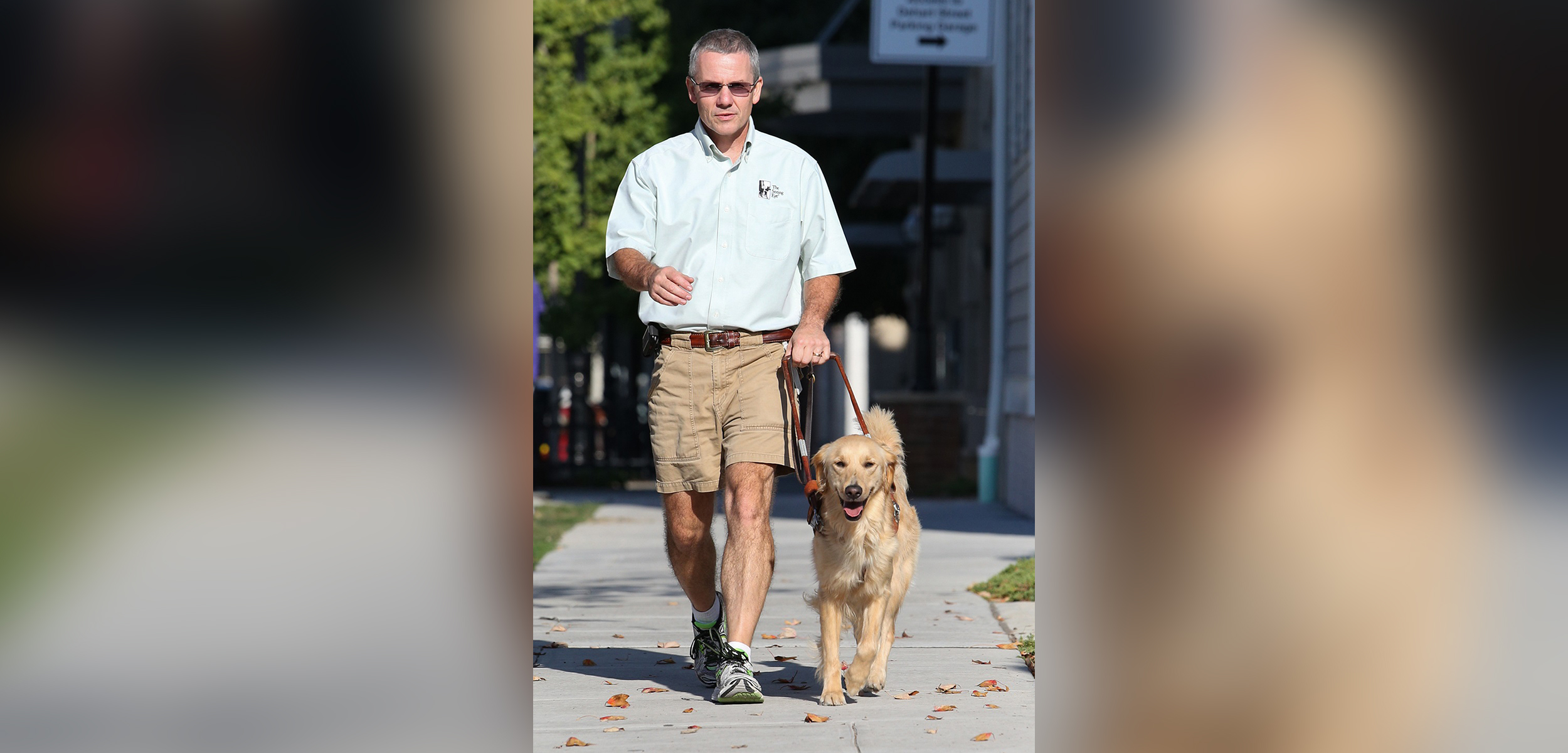Parenting techniques even apply to guide dogs, study says
Researchers determined what makes a successful guide dog.
— -- Parenting techniques may have long lasting consequences for behavior – even when it comes to dogs.
Researchers at the University of Pennsylvania studied the early development, parenting and subsequent performance of 98 puppies who underwent guide dog training. Dogs who received more independence and less support from their mothers were more likely to be successful in becoming a guide dog, and they also demonstrated improved problem-solving skills.
In other words, successful guide dogs were more likely to have been brought up by “tough love” moms. The study was published Monday in the journal Proceedings of the National Academy of Sciences.
Mom-pup interactions, such as nursing style, grooming, and time spent in a nursing box were used to define how highly involved the puppy’s mothers were. Puppies raised with highly involved mothers were more likely to be released – or dropped out from the guide dog program – compared to those with less attentive mothers.
“Too much of a good thing can be a bad thing,” said lead study researcher Emily Bray. Although the study couldn’t conclusively point to what was driving this effect, “one possibility is that the dogs that are having overbearing or coddling mothers are never given the chance to deal with small challenges on their own, and is detrimental to their later behavior and outcome in their problem solving," she said.
“Another possibility is that [the puppies for whom] the mothers are always around are also the most anxious or stressed,” she added.

Veterinarian Dolores Holle is director of canine medicine and surgery at The Seeing Eye Dog, the center where the researchers conducted the experiments.
“What I was happy about was that there is a study being done about early life experiences in dogs,” she said. “If the mom is trying to protect her pups against small challenges, then they will not be suited for the big challenges.”
The study included three breeds: German shepherds, Labrador retrievers and Golden retrievers. The puppies were followed from the first weeks of life for several years. Interestingly, Labrador retrievers tended to wash out from the program, while Golden retrievers tended to succeed.
As for whether the findings can be applied to human babies of so-called “helicopter parents,” Bray was hesitant.
“I think people can draw parallels, but I think you also have to be careful because they are different species,” she said.
She added, “The nice thing about dogs is that they are a lot less complicated than humans.”
Carolyn Chan, M.D., is an internal medicine resident at Case Western University. William Garneau, MD, contributed to this report.



